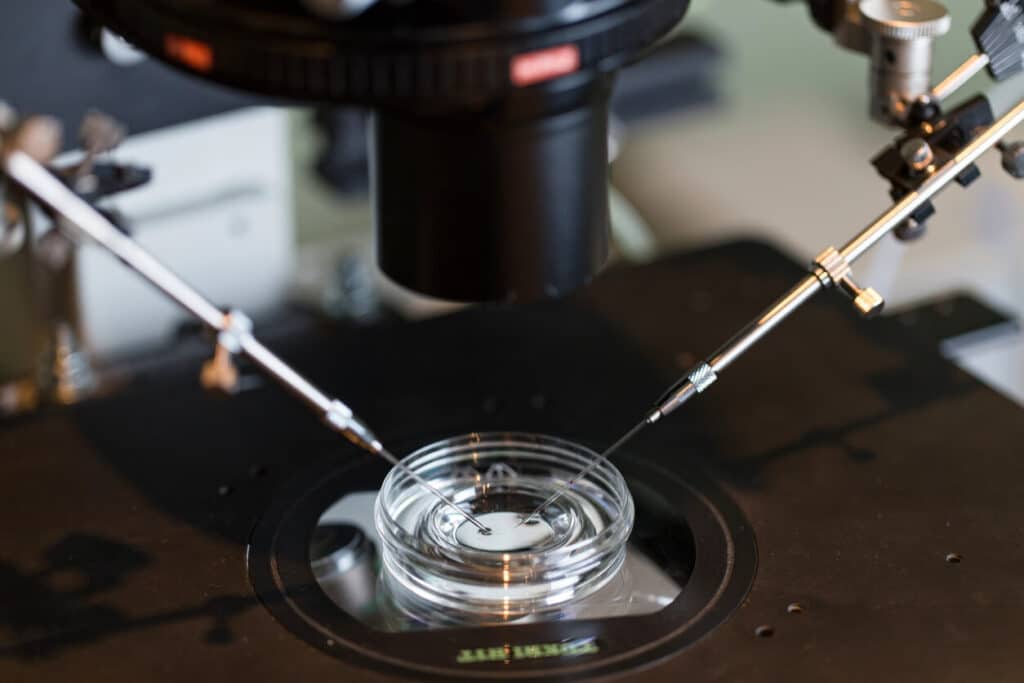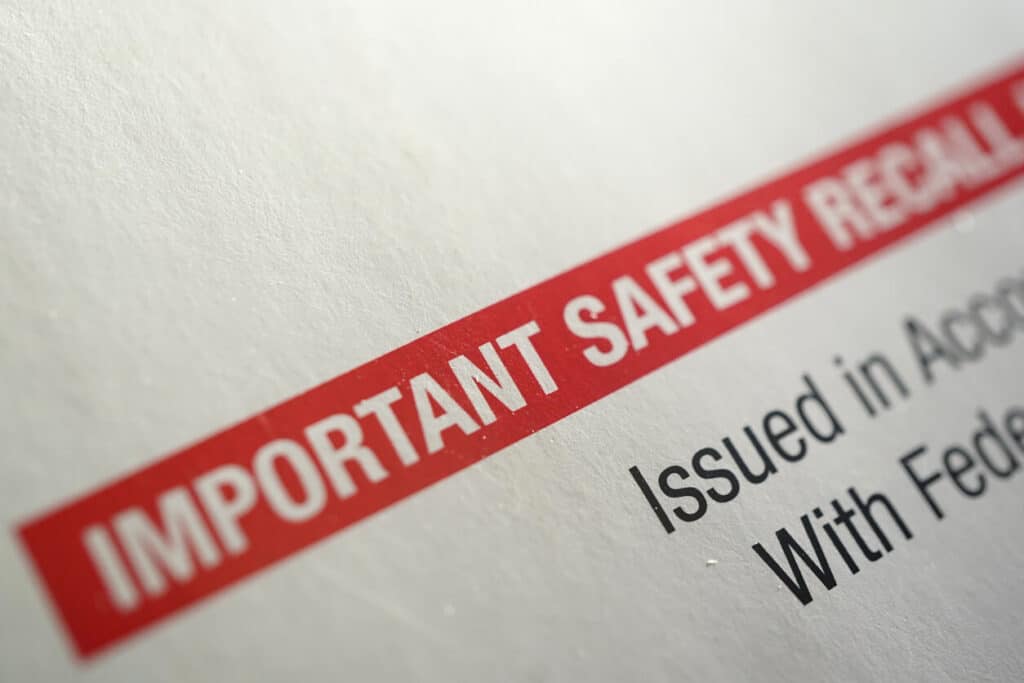Weitz & Luxenberg is currently accepting cases from people who became seriously ill or who had relatives die after they developed bloodstream infections due to Burkholderia cepacia (B. cepacia) from certain contaminated intravenous (IV) syringes. The devices in question were Saline Flush IV Syringes manufactured by Nurse Assist, Inc., a company based in Haltom City, Texas.
Patients have had to be hospitalized or have died due to a bacterial infection of the bloodstream (bacteremia) or sepsis caused by B. cepacia after a contaminated Nurse Assist Saline Flush IV Syringe was used to clear out certain medical devices, such as an IV, during a health care procedure.
Such infections have been serious because B. cepacia is a group of bacteria typically found in soil and water that is sometimes resistant to common antibiotics.
Nurse Assist Initiates Voluntary Recall of Syringes
On October 4, 2016, Nurse Assist issued a nationwide voluntary recall for all unexpired lots of its Saline Flush IV Syringes. The U.S. Food and Drug Administration (FDA) notes the recall affected 386,175 syringes that were distributed nationwide between February 16 and September 30, 2016. (1)(2) The FDA has classified the recall as a Class I recall, the most serious type, signifying that the use of these devices may cause serious injuries or death. (3)
The Nurse Assist Saline Flush IV Syringe is intended for use in clearing out medical devices “that deliver medicine directly into the veins of a patient through a needle or catheter.” (4)
The FDA notes such syringes are often “used by health care providers in hospitals or clinics before and after a drip medication is connected to a patient.”(8)
Five-State Outbreak Associated with Nurse Assist Saline Flush IV Syringes
The Centers for Disease Control and Prevention (CDC) has notified the public that the CDC is working with the FDA and state health departments to track an outbreak of B. cepacia bloodstream infections occurring in patients who received IV infusions via contaminated prefilled saline syringes manufactured by Nurse Assist. The infections have been reported in five Northeastern states. (5)
As of January 18, 2017, the CDC had identified 162 cases of B. cepacia in 59 facilities, for which Nurse Assist’s IV saline syringes were being investigated as the source of the bacteria. (9) At least seven patients that the CDC identified as having B. cepacia-related bloodstream infections have died, but the CDC has not determined if the cause of death in these cases was due to the B. cepacia infection. (6)
In October 2016, the New York State Department of Health (NYSDOH) announced it was investigating 34 cases of B. cepacia bloodstream infections it believed may have been associated with contaminated intravenously infused medications or flushes. NYSDOH notified 54 long-term care facilities in the state that received the potentially contaminated products. (7)
How Weitz & Luxenberg Can Help
Weitz & Luxenberg is a nationally recognized leader in the field of defective medical device litigations. The firm wants to hear from people who developed a serious blood infection, or had a relative die, after receiving an intravenous saline flush infusion with a Nurse Assist Saline Flush IV Syringe.
A knowledgeable attorney can help you determine if you have grounds to bring a lawsuit to obtain compensation for any damages suffered as a result of the Nurse Assist Saline Flush IV Syringe.


